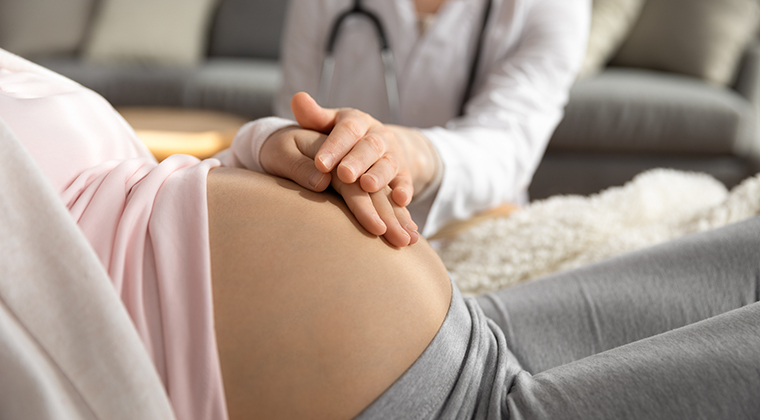Here’s Why Singaporean Couples Should Do a Fertility Check
Singapore is a country that’s hyper-focused on being on every top ten list there is, but there’s one aspect where Singapore, like many other developed countries in the world, falls behind. Birth rates have been showing a worrying downward trend since the early 1990s. There are many contributing factors to this, and many of them point toward the cost of living.
The high-tempo and high-stress society of Singapore also causes fertility issues for married couples looking to expand their family units. That’s why it’s important for couples in Singapore to consider a fertility check even before they exchange their vows so that both parties have a clear road map on how to tackle their fertility issues early on in the marriage.
What is Fertility?
Fertility is defined as a man’s or woman’s natural ability to conceive a child. Unfortunately, despite it being natural, it doesn’t always happen easily for everyone. Infertility can affect both men and women equally. In women, infertility is defined as the inability to conceive after one year of unprotected intercourse, while for men, it’s the inability to conceive with their female partner.
Factors Affecting Fertility
Scientists have consistently proved that lifestyle factors have an effect on fertility. Where you sleep, live, and what you eat can all have a detrimental effect on your health, and the same goes for our fertility in both males and females.
Research has shown that the following examples have an effect on our fertility:
- Morbid obesity can lower the quality and sperm count in males. In obese women, the presence of polycystic ovary syndrome can lower their fertility as well. A reduction of 5% of their body weight can dramatically improve their ovulation and, ultimately, their chance of a successful pregnancy.
- On the other extreme, being underweight can also contribute to fertility problems in females as well.
- Excessive physical activity and physical labour can cause low sperm production in men. The same can be said for women who exercise excessively which can affect their ovulation and fertility.
- Certain medications used in bodybuilding can have an effect on sperm production in men.
- Drug abuse and smoking can cause fertility issues in both men and women. Lifestyle choices like the smoking of marijuana and heavy drinking also have the same effect on fertility in both sexes.
- Hypertension in men can change the shape of their sperm and therefore affect their fertility.
- Cancer patients undergoing chemotherapy might experience fertility problems in both males and females. Patients should consider fertility preservation before undergoing radiation therapy.
- Age is a factor that most affects women, especially those in their late 30s. Women in their mid to late 30s extreme a sharp decline in their egg production as they age. This reduction in egg production increases the difficulty of a successful pregnancy. On top of the reduction in eggs, the quality also declines as they age. This leads to a more difficult pregnancy for older women and a higher chance of miscarriage.
Monash IVF
We believe in giving you a good start on your journey to becoming a parent. Understanding your fertility status will give you more time to make the necessary preparations for a successful pregnancy. Book an appointment with us today and get an accurate assessment of your fertility health.







